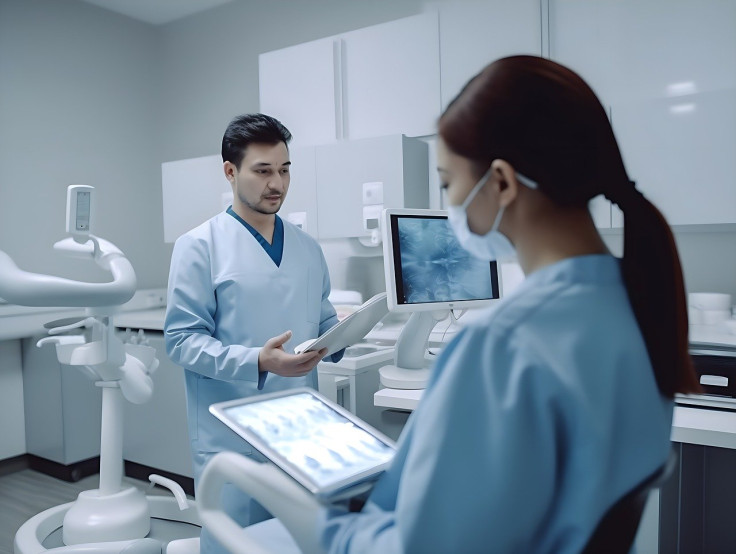Reenergizing Human Potential's Strategies Helps Nurses in India Training via Alleviating NHS Nursing Shortage
The UK's National Health System (NHS) has been seen in the past as one of the best healthcare systems in the world, but it has been slipping in ranking, due to various issues. One of these issues is long wait times for accessing treatment, which is compounded by the shortage of nursing personnel in NHS facilities. Data shows that there is a shortage of over 40,000 nurses across the UK, a record high.
Meanwhile, in India, there is huge wealth inequality that continues to widen. Despite being one of the fastest-growing economies in the world, India's richest 10% control almost 80% of national wealth. Despite having a young, capable population, many young Indians lack adequate employment opportunities, including in the healthcare sector.

George Houston Cooper, an experienced operational, programme, and project management professional with the NHS and the private healthcare industry, became aware of these situations and looked for a way to contribute to solving both. Along with his friend and colleague Seeni Naidu, they founded Reenergising Human Potential (RHP), a charitable organisation that provides quality nursing training for individuals in India and provides a bridge for them to work for the NHS, thus alleviating the nursing gap in the UK.
Established in 2020, RHP's funding came almost entirely from its founders. Its operations in India have centred in the rural areas of Virudhunagar, Tamil Nadu, India, where Naidu hails from. There is a large number of individuals in the region with education equivalent to A-levels and beyond, indicating huge potential. RHP focuses on knowledge and knowledge sharing, including English tuition support for the local school in one of the villages. It also worked with the local mayor and their government to help build a secondary school building in the village.
According to Houston, when RHP first began operating in the area, most students in the local schools were performing below average, with grades mostly in the Ds and Es. After almost four years, more students are performing better, with most now getting grades in the As to Cs. RHP also helped build a nursing training centre in the area, contributing to the development of a stronger nursing workforce in India and the NHS, as well as improving healthcare outcomes for communities in need.
The nursing training centre helps prepare trainee nurses for various exams, providing English coaching for IELTS and OET, Computer-Based Tests for Nurses, to the Objective Structured Clinical Examination (OSCE). RHP ensures that its trainees are primed for success in the NHS. Once they set foot in the UK, they can be deployed across the country, filling critical NHS nursing vacancies and uplifting healthcare standards. Nurses will also benefit from the NHS' multicultural ethos, attractive salary packages, and the flexibility to balance work and family.
According to Houston, who worked for or adjacent to the NHS for over 18 years in patient information management and service delivery, the co-founders' motivation behind RHP is to give back to the NHS, which has benefited so many Britons through the decades.
"We wanted to give something back to the NHS, but we also wanted it to be long-lasting," Houston says. "I can give my time, but a person only has very limited time to give. If I donated my money, it wouldn't matter much in the grand scheme of things in this day and age. Seeni and I thought that we could give something that has a revolving feature of support and produces continuous benefits for the NHS. And that is development and training, which has a continuous cycle that will carry on for the long term, hopefully lasting beyond our natural lifespans."
© Copyright IBTimes 2025. All rights reserved.




















